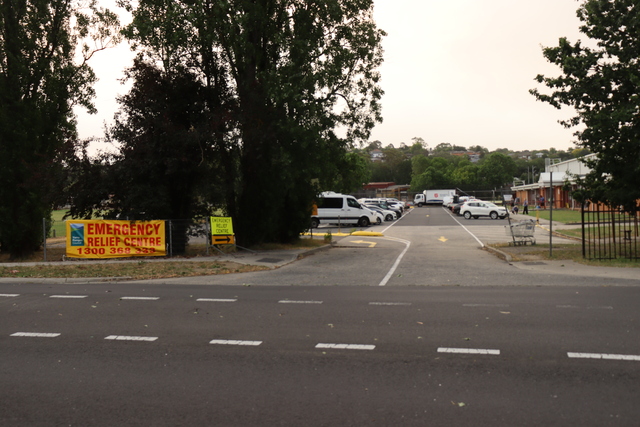A man has been jailed by the Victorian Supreme Court for the manslaughter of a Melbourne father with a fishing knife.
Darryl Kennedy was sentenced to nine and a half years for the stabbing of his roommate, Chris Taylor.
Mr Taylor was 45 years old, and was killed at the same Bayswater address where he and Kennedy had once resided together.
Kennedy allegedly arrived at the home unannounced, and stabbed him three times with a fish knife over a supposedly unpaid debt on September 12, 2021.
He was charged with murder that day.
Kennedy later pleaded guilty to manslaughter in the Supreme Court and was sentenced on 10 July.
In sentencing, Justice Michael Croucher noted that Kennedy’s first offer to plead guilty to manslaughter was rejected by prosecutors, but was later accepted in April.
In the events leading up to the incident on 12 September, 2021, it is said that Kennedy had been kicked out of a Bentleigh residence due to an unpaid loan of $500, and made his way back to Bayswater via public transport and the help of his father.
That morning, he confronted Mr Taylor at his Mason Court home, and stabbed Mr Taylor in the back and face before running off.
Mr Taylor ran from the house to the backyard, screaming “I’ve been stabbed”, which was heard by his neighbour.
Despite being warned by Kennedy that it was “none of his business” and “not to get involved”, the neighbour rushed to Mr Taylor’s aid while another called an ambulance.
Kennedy approached the two men, still holding the knife, saying the house owner “owes me $400”.
“Let this be a lesson to him. I’m going to jail for murder.”
Kennedy was said to have wandered down Bayswater Road to the McDonalds near Canterbury Road, and discarded the knife in their rubbish bin.
He was arrested soon after discarding the knife, near the McDonalds, with Mr Taylor’s blood on him.
Mr Taylor was pronounced dead by emergency services at 7.19am that day from severe internal bleeding.
Justice Croucher said his sentencing reflected Kennedy’s chances of reform while in prison.
He was known to have an extensive criminal history, including driving charges, dishonesty, drugs and other minor offences.
Kennedy led a life of heavy illicit drug use from his teenage years into adulthood, and was subject to abuse as a child.
He also had a “limited” formal education, and left school at 14, the judge noted.
Kennedy will be eligible for parole in six and a half years, including the 667 days spent in pre-sentence custody.







